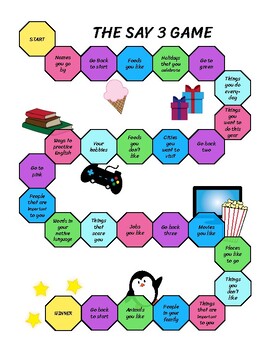Greeting and getting-to-know-you games are commonly used in seminar-style events to help participants connect, break the ice, and begin forming a shared group identity. These games play a key role in building rapport and setting the stage for collaboration and a common focus on the event’s goals (see games in a work context).
While an introductory round—where each person shares a few words about themselves—is a common starting point, playful and interactive elements are often added to boost engagement and help participants remember names and roles more easily. Examples of such techniques include:
-
Name tag activities, where participants attach or assign name tags to one another.
-
Paired interviews followed by role-reversal introductions, where participants introduce each other instead of themselves.
-
Random groupings that are re-shuffled after each introduction round.
-
Group formations based on shared characteristics, such as hobbies, hometowns, or job functions.
These activities can range from imaginative and engaging to lighthearted and humorous, depending on the group and facilitator’s approach (Halbig & Wehnert, 2001; Thiesen, 2002).
It’s important for facilitators to assess the context and composition of the group when selecting games. Not every game suits every situation; some might enhance the atmosphere, while others may feel awkward or inappropriate. The key is to ensure that the chosen game supports the event’s objectives and fits the participants’ professional tone and openness.
« Back to Glossary Index





![15 Employee Offboarding Templates That Save Hours of HR Time [Free Downloads] 15 Employee Offboarding Templates That Save Hours of HR Time [Free Downloads]](https://i1.wp.com/www.hrcloud.com/hubfs/Header.png?w=150&resize=150,100&ssl=1)
